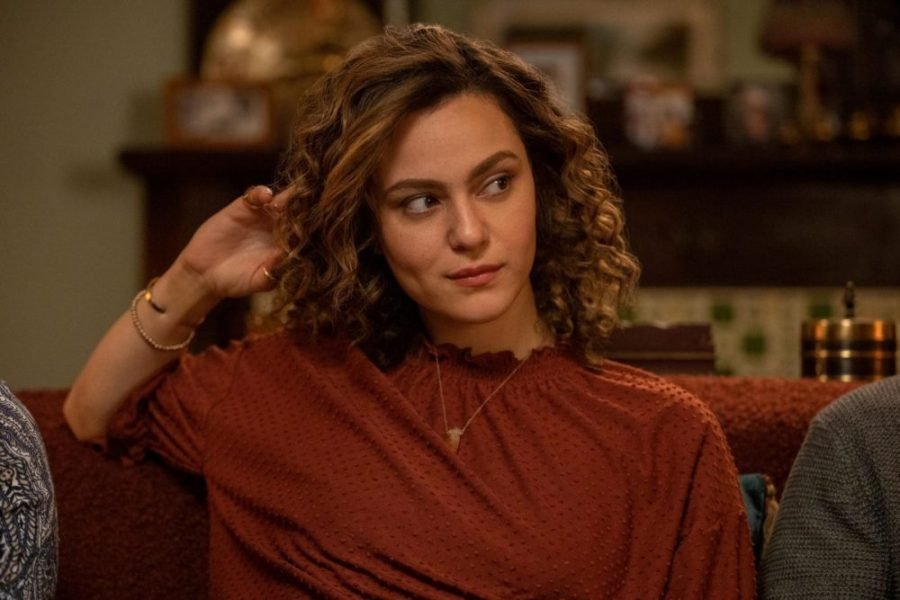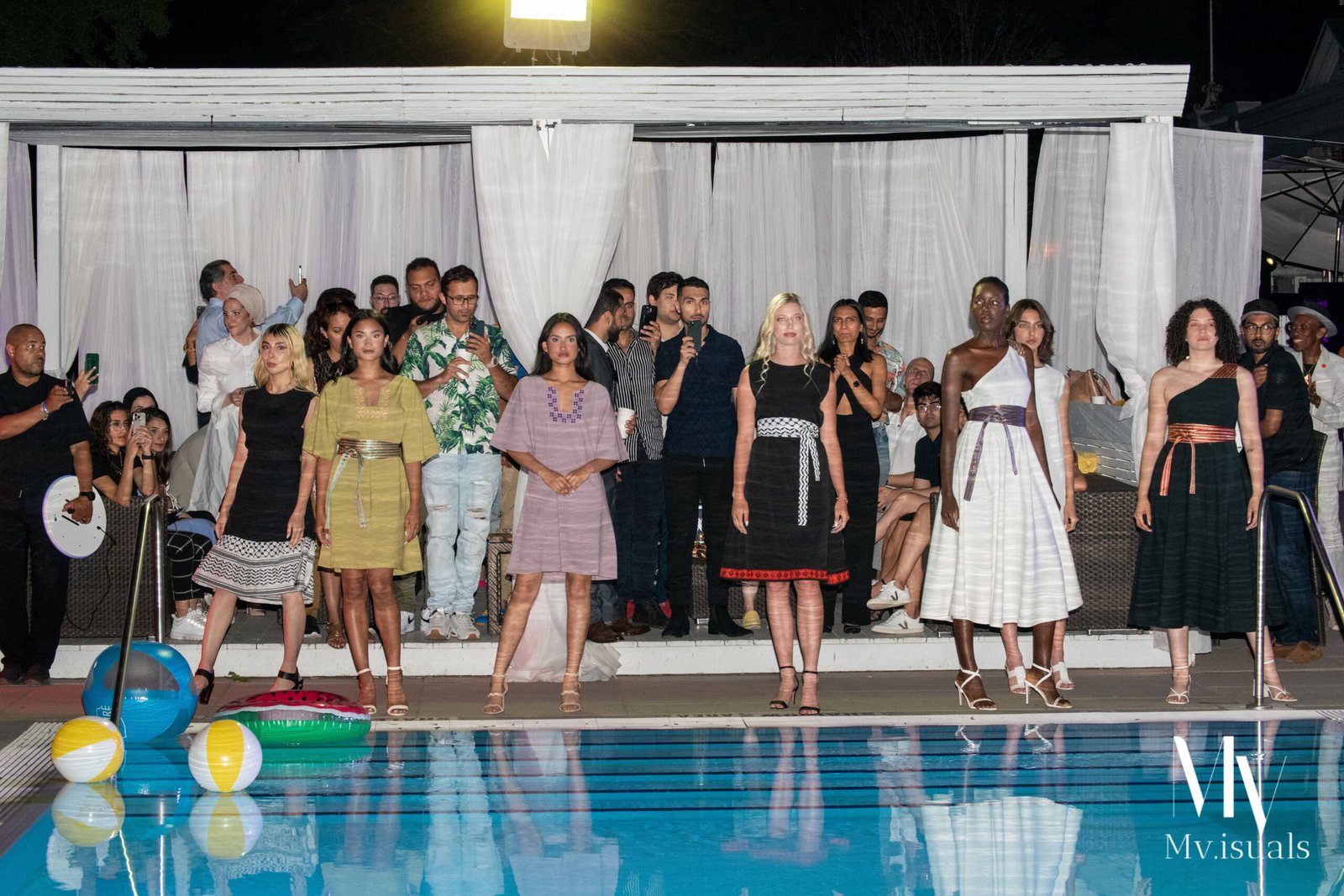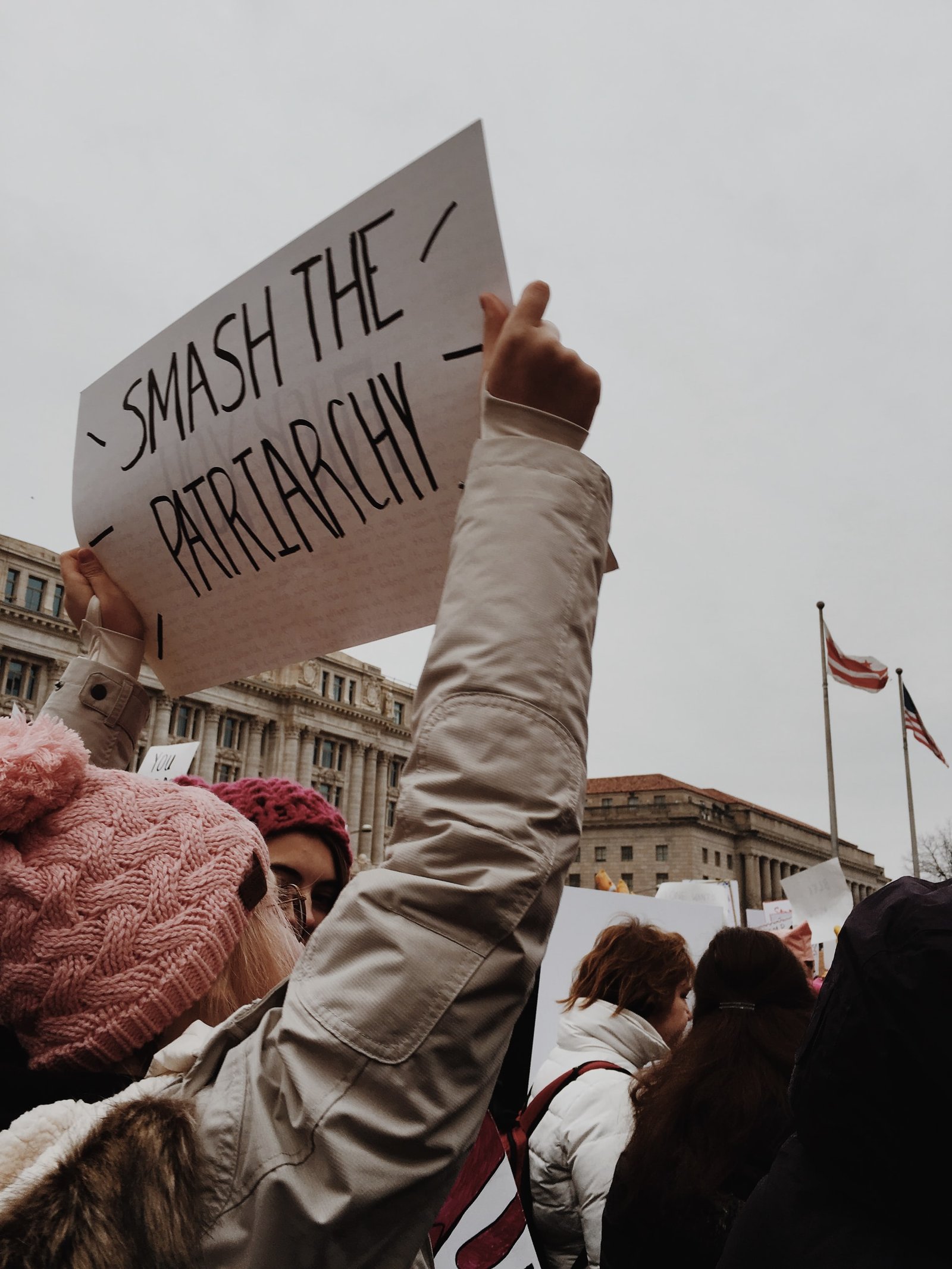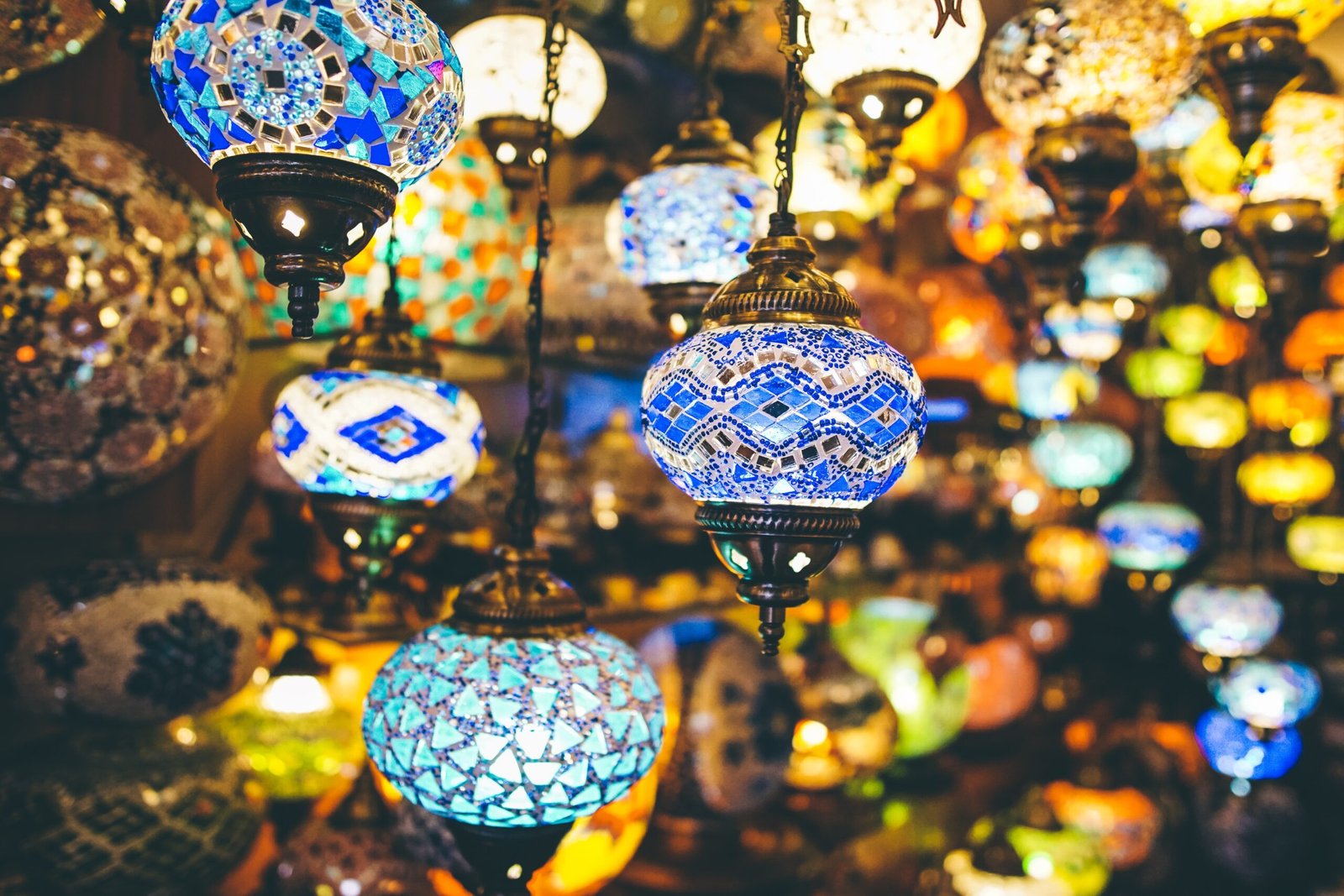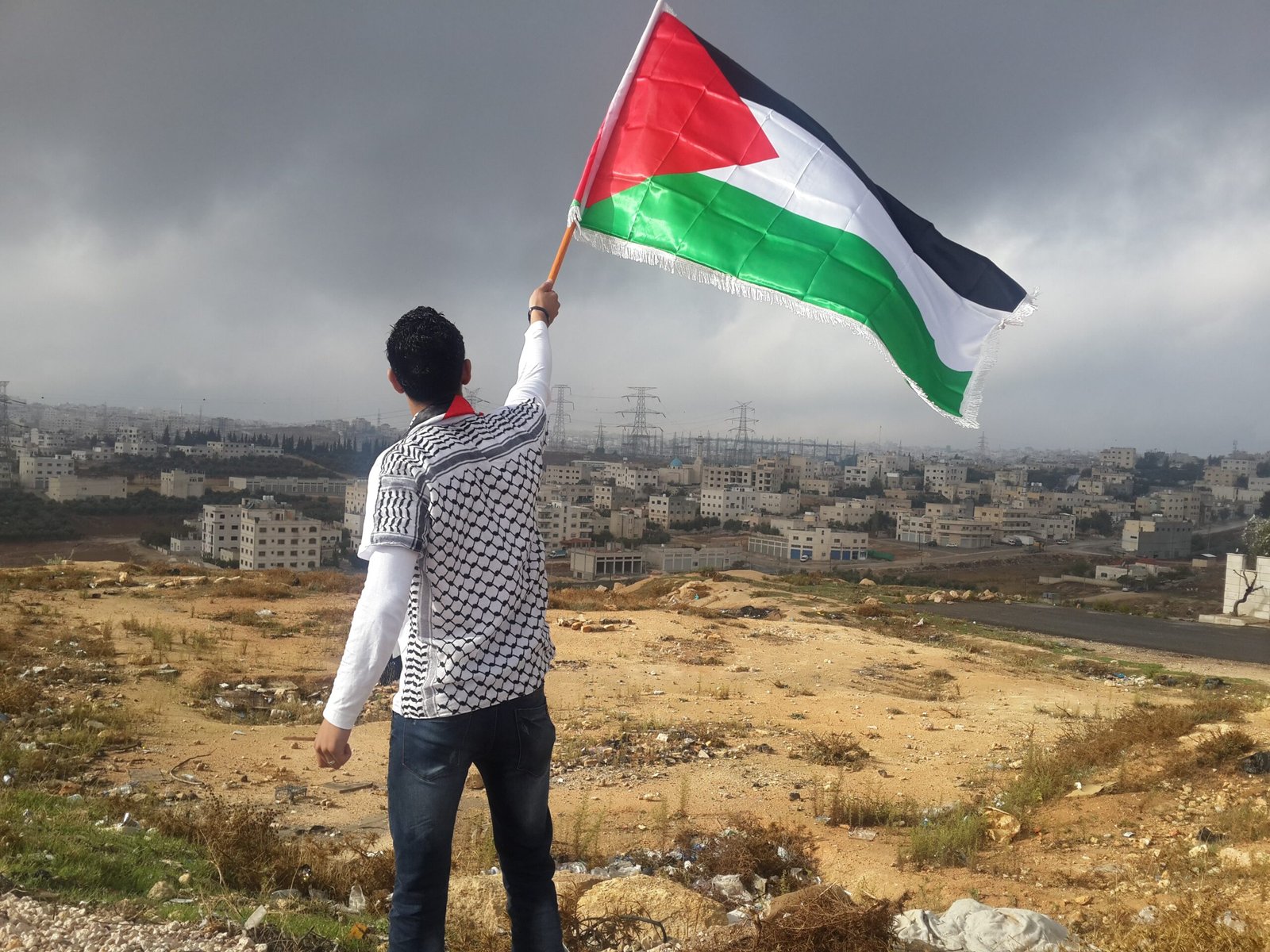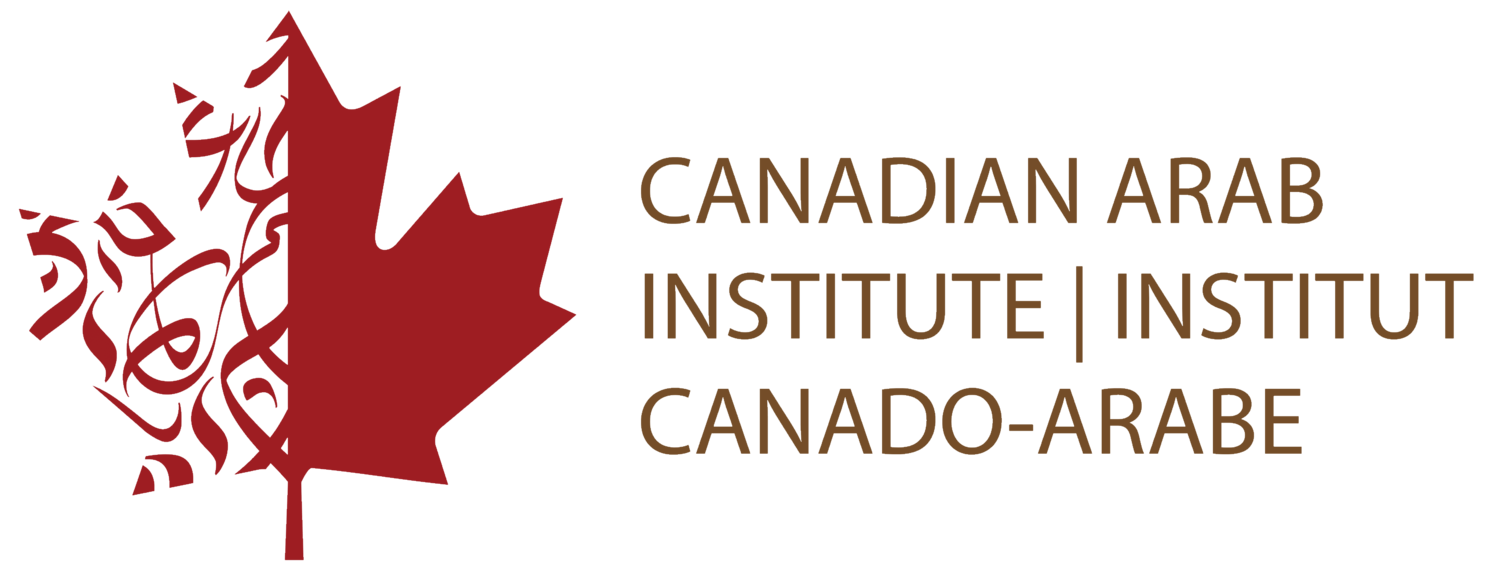Muslim women don’t get a great rap in Western media. We’re either oppressed or we’re terrorists. I can’t think of an example growing up where I saw a Hijabi on screen representing me in a way I could connect with. Enter Ramy, serving up stories from very different women all going through the trials of being a Muslim, Arab female. I could see parts of myself in Dena’s story, and Zainab’s and even Maysa’s. Those same characters reflected qualities and experiences I’d seen in my sister, my mother, my friends. So, just how real is the female representation in Ramy?
CONTAINS SEASON 2 SPOILERS FROM THIS POINT FORWARDS
Let’s start with the scene with Dena and the tow truck driver. The sense of foreboding here is phenomenal. The driver exhibits a fabulous form of microaggression soon into their conversation, stating that Dena must be the first female lawyer in her family and also noting that she can drive. Dena eventually loses it and rips her hijab off, frustrated at being shoehorned into a certain identity which this man has imposed upon her. Why do people assume a Hijabi speaks for the masses? Because we wrap a scarf around our heads, we immediately speak for all of Islam? All of the Middle East? Hijabis in the West do not have the luxury of operating on an individual level; every action we take, or thought we have, or opinion we hold, is for the whole. Using Dena, a non-Hijabi, as an example of Hijabi female representation in Ramy was interesting; it echoed the concept of Muslim women being multifaceted figures. This was only briefly hinted at (arguably, in a negative light) in season one through Ramy’s interaction with the married Hijabi from the mosque.
Speaking of Hijabis – shoutout to my girl Zainab, sheikh Malik’s daughter. Because seeing a confident, powerful and sarcastic Hijabi on screen was incredibly empowering. Stylish, sophisticated, smart – Zainab brought new depths to the show we hadn’t yet seen in the female representation throughout season one. Ramy offers to play Quran recitation during his drive with Zainab, but she turns the offer down. This was key to setting the tone for their relationship, and really hammered home that whilst Hijabis are Muslim, that’s not all we are. Similarly, seeing Ahmed’s wife Yazmina (albeit briefly) was a reminder that women who wear Hijab are not defined solely by that decision; we are multidimensional beings just as other women are. We can be religious and devout and modest, but we can also be open minded and outspoken and funny. I vote for continued cool Hijabi female representation in Ramy season 3.
The FaceTime scene between Ramy and Zainab is so wholesome. And so reflective of halal dating in this day and age. When Ramy tells Zainab their relationship becomes real when he tells his dad, it really captures how, in many Middle Eastern cultures, we don’t choose our partners alone. There is always the overarching input and blessing that must come from our parents. When Ramy does tell his dad about Zainab, Farouk warns him he should see Zainab without her hijab before making the commitment to marry her, and it’s incredibly backwards. We’ve just seen Ramy make a genuine connection with a girl, clearly not based on her physical appearance alone, and yet Ramy’s dad reduces it to that. As though seeing Zainab’s hair would be a dealbreaker for Ramy, who seems to have developed authentic feelings for her. Farouk also states that since Zainab, a sheikh’s daughter, has been available for marriage all this time, there must be something wrong with her. I won’t open this can of worms all the way, but this particular female representation in Ramy reflects how a woman’s worth is often determined by her marital status. A woman can only be defined by a man, but never by herself.
This particular female representation in Ramy reflects how a woman’s worth is often determined by her marital status. A woman can only be defined by a man, but never by herself.
susan al-safadi reflecting on the perceived woman’s “worth” in the arab society.
Without giving too much away, the final episode of season two is intense. My heart broke for Zainab and I wanted to give Ramy a shaloot. After all this self-reflection, self-improvement and ‘wokeness’, it turns out Ramy is still very much a f*ckboy. He goes into a lot of graphic detail about some very recent mistakes he made, and then justifies them by saying Allah allows him to have four wives in Islam. After liberating himself with a confession to Zainab, Ramy even states that ‘Allah sent you to make me better’ and I have serious issues with this sentiment. Good Hijabi (and non-Hijabi) girls are not put on this earth for f*ckboys like Ramy to absolve them of their sins and make up for a shady history. We’re not waiting around for you to sow your wild oats and then settle down with us when you’re ready. But even if that was the case with Ramy, even if he genuinely felt like Zainab was brought into his life to better him, he certainly didn’t treat her that way. He did not afford her the respect she deserved as his future partner, let alone his supposed saviour. The same goes for his treatment of Amani: he wanted to have his knafeh and eat it too.
Good Hijabi (and non-Hijabi) girls are not put on this earth for f*ckboys like Ramy to absolve them of their sins and make up for a shady history.
susan al-safadi on the perceived notion that women are there to heal men’s trauma.
More on Zainab: my heart broke for her in the last episode not because she’d shared an intimate moment with Ramy and then been betrayed by him all in one breath. It’s the fact that she now has to navigate a new reality as a divorcee in a Muslim community where that is still very much taboo. It’s that she was open minded and accepting and forgiving of his past, and Ramy still betrayed her. But really, it was never about Zainab – only ever about Ramy and his needs. Zainab is quite literally being used as a plot point to get Ramy, a male, from one place to another. The next morning sheikh Malik pays Ramy a visit and we see a man who we’ve only ever seen completely composed, calm and collected, lose his shit. ‘It’s not about you and your precious self-improvement’, he yells at Ramy. I applaud at my screen as he presents to Ramy the path of destruction which he’s left in the desperate search for his personal growth and path to jannah. Ramy sees himself as a work-in-progress, but at what cost and to whom?
Ramy sees himself as a work-in-progress, but at what cost and to whom?
susan al-safadi on the consequences of ramy’s self improvement journey on others.
Love it or hate it, the female Muslim representation in Ramy is something Hollywood has been in dire need of for some time. Ramy’s exploration of both genders was compelling this season. It clearly displayed the void between the traditional Arab attitudes towards both genders and the societal expectations which arise as such. For example, Dena is expected to pour the tea, but sheikh Malik challenges that stereotype by offering to do it himself. Dena is expected to clean Ramy’s room, because he ‘is stressed’, with no regard to Dena’s state of mind, and as though her only purpose as a female, is to serve men. Farouk, the ‘man of the house’ – the breadwinner, is destined to ‘live in the future’, worrying about how to take adequate care of his family. It got me thinking: in the Arab world, or in fact any society, can masculinity and femininity ever exist independently of each other, or are the two binary opposites? Ramy certainly goes the distance to challenge traditional gender stereotypes, but only to the extent that the exception exists alongside the rule. So, are the two destined to be mutually exclusive or will we see those concepts shattered next season?
By Susan Al-Safadi
@susanalsafizzle
This is part three in a three part series of Unpacking x Representation in Ramy. Check out part 1 on Arab representation, and part 2 on Muslim representation in Ramy.

